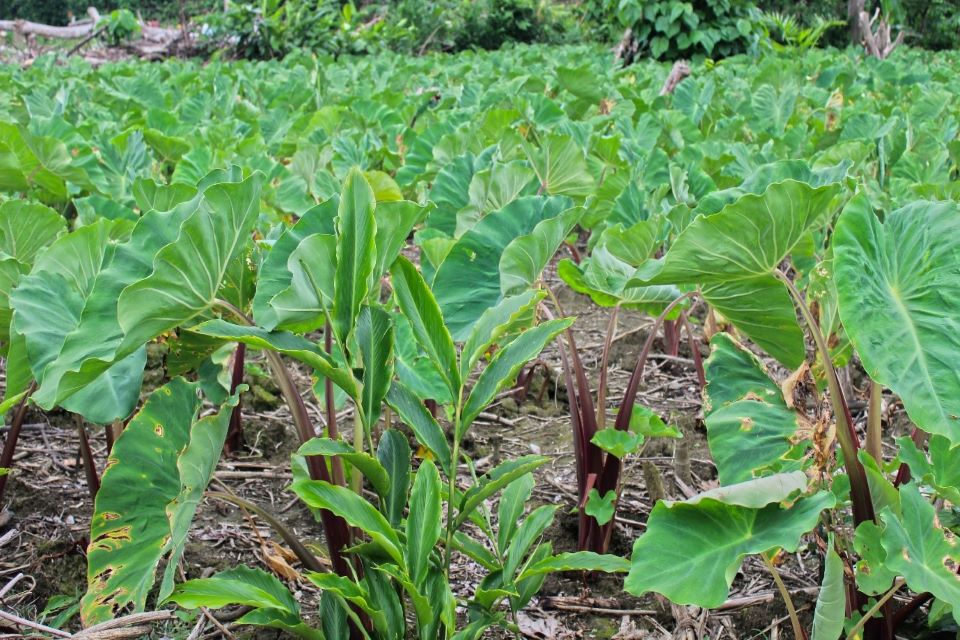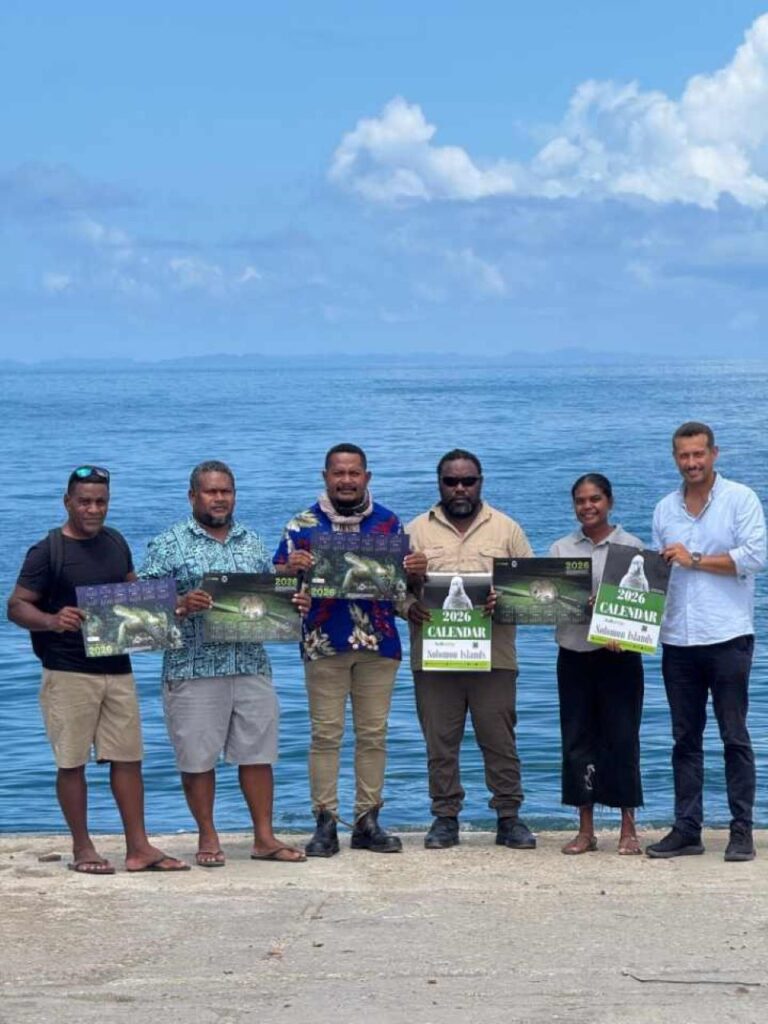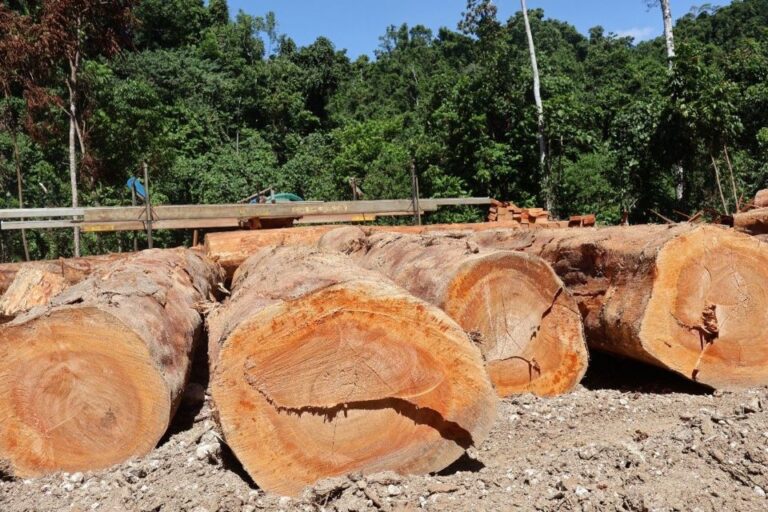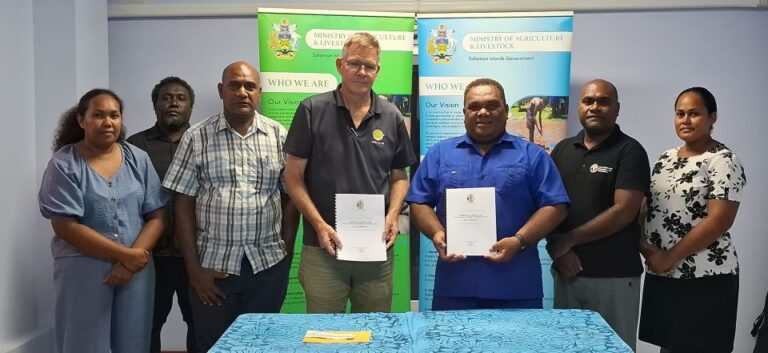BY MYRNE LIVETT
THE Government’s Ministry of Agriculture and Livestock aims to improve the delivery with the rollout of the World Banks funded, Solomon Islands Agriculture Rural Transformation Program in the country, says Deputy Director Project, McDonnell Hiva.
The World Bank’s Board of Executive Directors early this year approved a US$15 million project to increase agricultural production and improve market access for rural communities in the Solomon Islands, initially focusing on Guadalcanal, Makira, and Malaita provinces.
McDonnell cautioned that the Ministry also realizes that the past year’s services delivered to rural people were quite weak in implementation, therefore under the Solomon Islands Agriculture Rural Transformation Program (SIART), the Ministry of Agriculture and Livestock (MAL) aligns the implementation of the program in its shared visions and priorities with World Bank.
“We are suggesting that one way to improve our service delivery under the SIART is to allow young graduated officers to work closely with rural farmers with their agricultural economic activities on the ground,” he told Environment Media.
The SIART Program also aims to strengthen knowledge, skills, and capacity within the Ministry to provide timely support to farmers and producer organizations. And also to strengthen domestic agricultural production, creating opportunities for rural communities, and supporting growers and farmers with access to markets is a significant priorities and are consistent with the recovery effort of the Government.
He said young professionals, which means Agriculture graduates from Universities will be identified and posted in areas where agriculture activities are concentrated. They will work with communities and report to Agriculture extensions in the provinces.
“The program should be implemented towards the end of this year, and into next the year. And the advantage is that they will work with communities on the ground, and help to establish farmers’ associations and link them to markets.
“The officers will be posted in areas where activities are high, we used to call them extension assistants.”
“The program also plans to engage high school students who are interested to go into Agriculture intensive training on activities related to farmers, the program will pay their allowances, depending on the tasks.
“That is another way the ministry is trying to patch up the Gaps,” the Deputy Director of Project said.
According to World Bank’s earlier statement, the projects under the program will also strengthen knowledge, skills, and capacity within the Ministry to provide timely support to farmers and producer organizations.
“Community resource persons and para-veterinary officers will be mobilized and supported to ensure technical advice and agricultural services reach farmers in isolated and hard-to-access areas.
“Young professionals (in partnership with Solomon Islands National University) will also be selected to join with the Ministry to support farmers in project areas,” it stated.
McDonnell further added that the activity is more on business entrepreneurs, so formed associations trained them n technical areas, management, and financial management. Building their capacity.
“So that an association can be able to operate actively as a business entrepreneur that is one of the main functions. The focus is to change farmers’ mindset, that farming is not subsistence, it’s a business. Farmers to treat those activities as a business.”
“Support infrastructure and logistics are in place, but the major aim of the project is to raise a group into a business,” Hiva said.
The Solomon Islands Agriculture and Rural Transformation Project will support 85,000 Solomon Islanders with training, farming and livestock support services, and infrastructure to help communities increase their agricultural production,” according to World Bank’s statement.
“The project, which will be led by the Solomon Islands Ministry of Agriculture and Livestock (MAL) will assist smallholder farmers in forming producer organizations to enhance crop productivity, improve pig and poultry production, increase access and links to markets, and promote climate-smart agriculture through quality seeds, crop advice, and climate information.
“The project will support livestock and agriculture infrastructure including improvements to the Ministry’s National Research Headquarters and Training Center, provincial offices in Malaita, and support for the Pig Breed Improvement Program and its facilities.
“In addition, to promote and nurture innovation among farmers, the project will assist the Ministry in organizing marketplace events, annual innovation competitions, and grants for agribusinesses.
“The Agriculture and Rural Transformation Project also includes an option for the government to respond to crises or natural disasters by reallocating project resources for emergency response activities – ensuring the Solomon Islands can quickly and effectively respond to crises and natural disasters when they occur.
“The World Bank works in partnership with 12 countries across the Pacific, supporting 83 projects totaling US$2.16 billion in commitments in sectors including agriculture, aviation and transport, climate resilience and adaptation, economic policy, education and employment, energy, fisheries, health, macroeconomic management, rural development, telecommunications, and tourism.”




